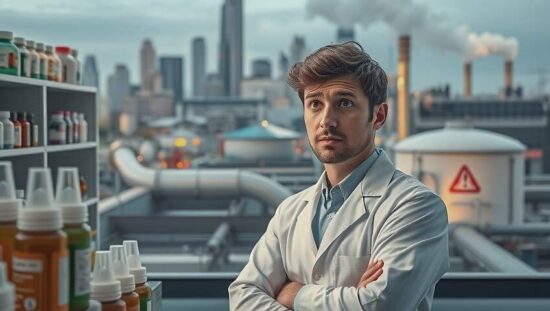EU’s New Wastewater Regulations Spark Concern Over Medicine Shortages in Germany
The German Association of the Pharmaceutical Industry (ABDA) has expressed concerns over potential medicine shortages in the country due to the European Union’s new wastewater regulations. According to ABDA’s President, Thomas Preis, the new directive on urban wastewater treatment may lead to a decline in the supply of affordable generic medicines, particularly affecting patients with diabetes, those in need of antibiotics and cancer patients.
Preis pointed out that the current supply chain is already under strain, with many generic medicines facing delivery issues due to the intense price competition driven by health insurance companies’ discount agreements. As a result, manufacturers are increasingly pulling out of the market, unable to produce these medicines at a cost that allows for a profit.
The situation has worsened, with the number of officially reported medicine shortages increasing by around 10 percent since the start of the year, now affecting nearly 550 medicines that are not available for delivery. ABDA’s President emphasized that the costs of implementing the new wastewater regulations, which require the installation of additional purification stages to remove pharmaceutical residues, should be shared by other stakeholders, including the manufacturers and the taxpayer, rather than just the pharmaceutical industry.
The new directive aims to remove micro-pollutants, including pharmaceutical residues, from wastewater by requiring treatment plants to install additional purification stages. However, the industry argues that the primary source of these residues is not the pharmaceutical industry, but rather the excreted medicines of patients who rely on them and that the solution lies in investing in better wastewater treatment infrastructure, rather than solely relying on the industry to absorb the costs.





